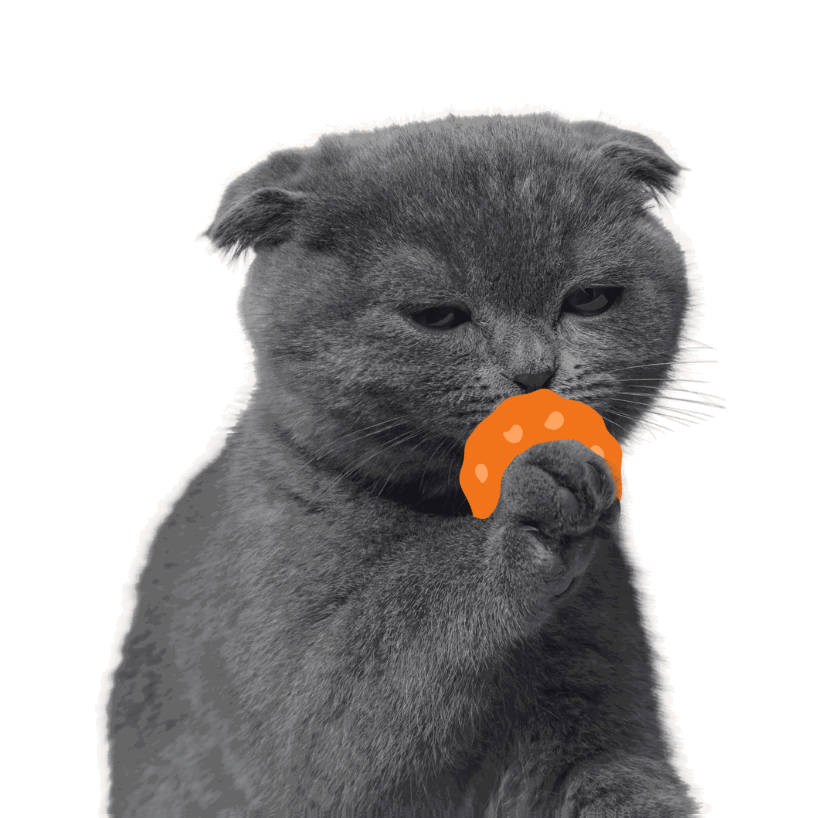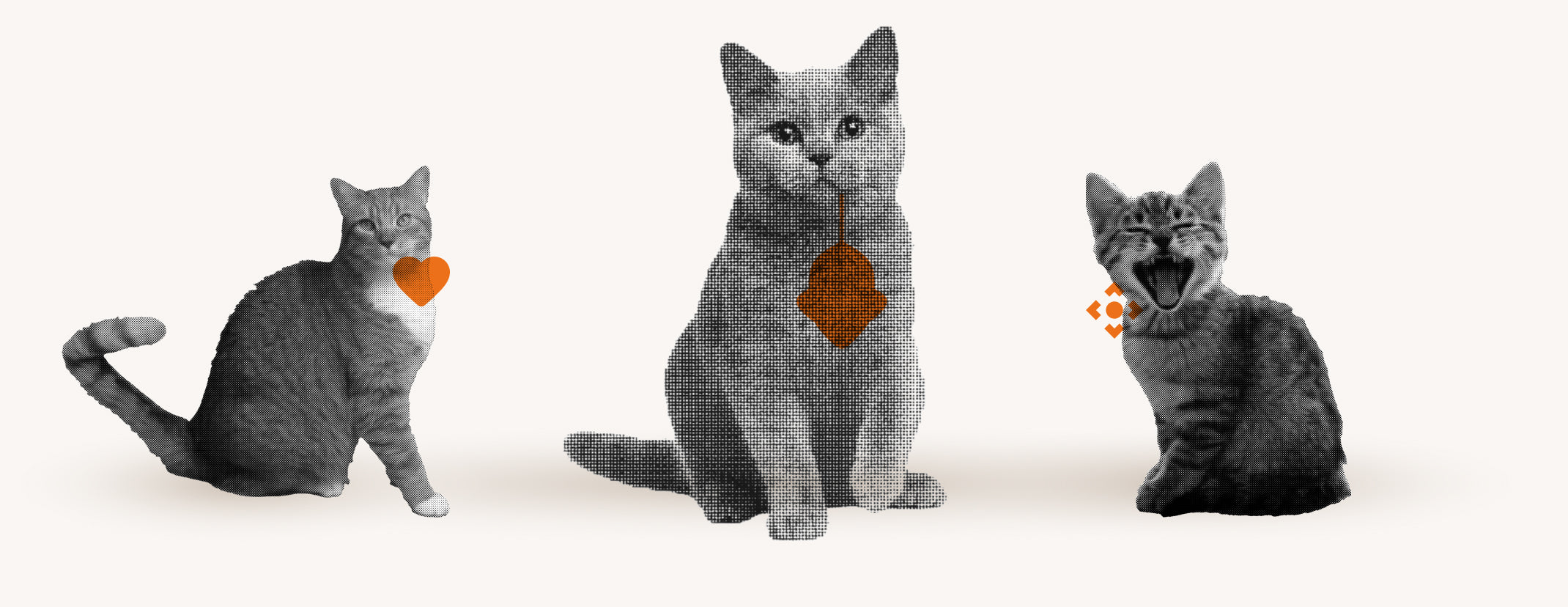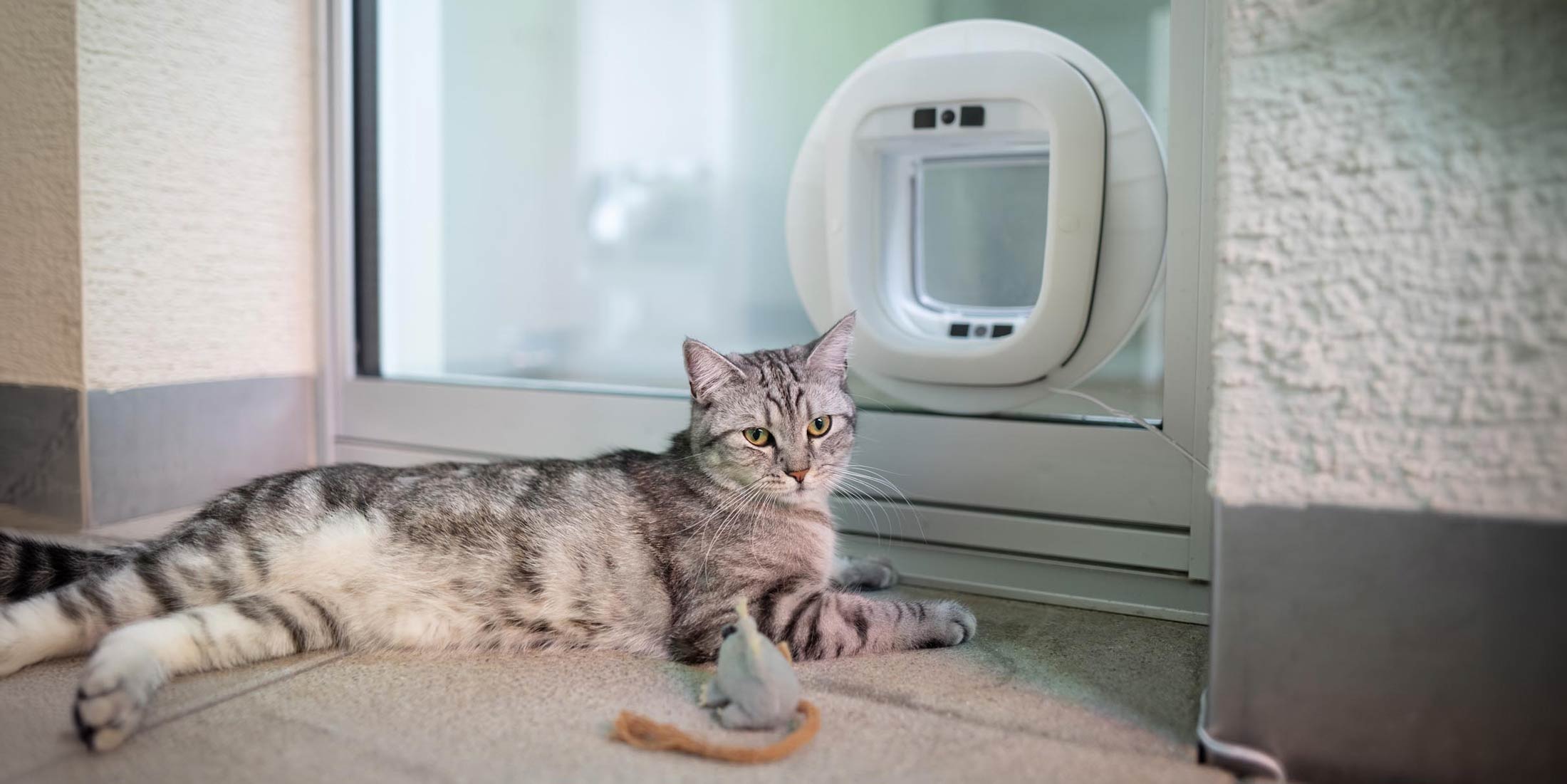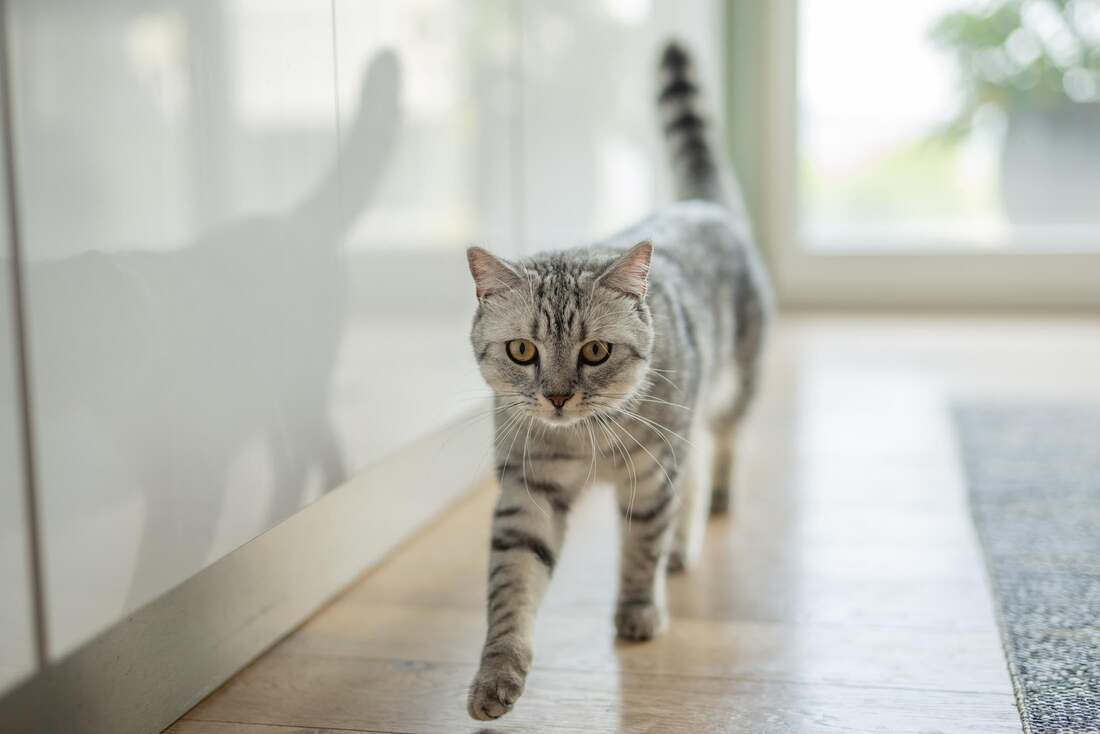Understanding the role of free-roaming cats in biodiversity
Embracing Nature: How Flappie Supports Responsible Cat Ownership and Ecosystem Health
Given concerns about the impact of free-roaming domestic cats on wildlife, it is important to consider the broader ecological context, as highlighted by a detailed study by Turner in Frontiers in Veterinary Science . This study provides valuable insights that challenge widely held perceptions and emphasizes the need for a balanced understanding of cat hunting and biodiversity.
Normal predation rates in healthy ecosystems
The study emphasizes that while cats contribute to the predation of wildlife, this interaction is within the scope of normal predator-prey relationships expected in a healthy ecosystem. For example, discussions of cats killing billions of birds each year often lack the context of the overall bird population. In the United States, the bird population during migration includes at least 20 billion individuals, which far exceeds the number of birds killed by cats. This large number suggests that the impacts of cat predation are a natural part of ecological dynamics and not as catastrophic for bird populations as is often portrayed in the media and public discussion.
Critically, the study also notes that even in areas with high cat densities, no long-term negative impacts on bird populations such as black redstarts were documented. This type of data shows that cat hunting does not typically lead to long-term declines in bird populations.
Flappie: In harmony with nature while supporting responsible pet ownership
At Flappie, we designed our AI-powered cat flap with prey detection with the dual goal of respecting cats' natural instincts while promoting responsible pet ownership. While we don't claim to reduce stress on wildlife - our main goal is to adapt to the natural ecological balance - Flappie offers cat owners a way to safely and responsibly satisfy their pets' instincts.
The complexity of biodiversity
Biodiversity involves different levels of ecological interactions, and local changes in species populations due to cat hunting do not necessarily equate to a reduction in overall biodiversity. The ecological context, which spans different regions and habitats, shows that what may seem like a significant impact in a local area may be negligible when considered in the larger context of ecological health.
A balanced perspective on cat hunting and biodiversity
While Flappie integrates into the daily lives of cat owners, it serves as a tool that respects and supports cats' natural behaviors without exaggerating their impact on wildlife. This approach promotes a more nuanced view of our pets in the natural world and recognizes that predator-prey dynamics are a fundamental part of ecological health.
Conclusion
Flappie's role is to enhance the cat ownership experience in a way that is informed by comprehensive ecological data and respects the complex interdependencies of our ecosystems. This helps cat owners maintain a responsible relationship with nature and recognize that their beloved pets are part of a much larger environmental tapestry.




Share:
Help your cats!